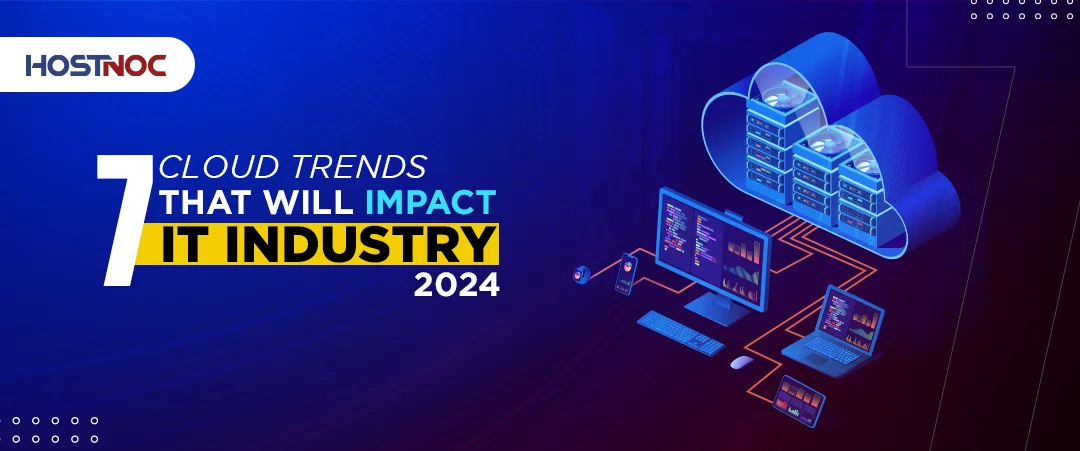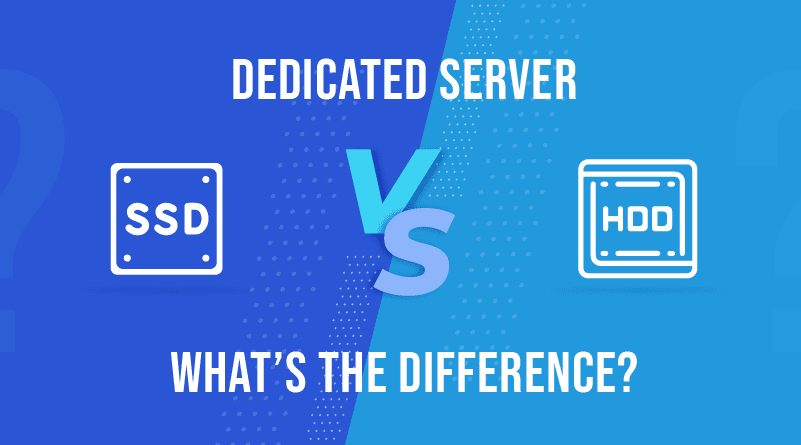Why is Cloud Hosting a better option than Dedicated Servers or VPS?

7 Critical Steps Your Business Must Take Today To Implement BYOD Policy Immediately
January 18, 2019
Interview With The Communication and Marketing Head of Lab39, Giulia Francesca Primo
February 7, 2019As you embark on a new adventure of creating your own website to augment the online presence of your business, you will be faced with a seemingly never-ending maze of choices. Every decision that you take will result in a different outcome for your site’s success and performance. Before you take uninformed decisions, it is prudent to dwell on each crossroad, pondering over which route to take and why!
For instance, if your business lives on the internet, chances are you’re torn between deciding whether to go with shared hosting, dedicated servers, or cloud hosting. All of these options come with their own sets of pros and cons, making it a tough nut to crack to settle on one. If data and data processing are the lifeblood of your organization, and you wish to achieve that with less effort, in the least time, and at lower costs to make the organization stronger, cloud computing gets a clear win.
Businesses over the world are flocking to cloud solutions since they offer much more benefits as compared to on-premise solutions. Here are six of the most often mentioned reasons that show that cloud hosting solutions are better.
- Cloud Server Offers greater security Than VPS and Dedicated Server
According to a report published by Dell, ‘All companies that invest in big data, cloud computing and security enjoy a whopping 50% faster growth as compared to competitors.’
One of the main reasons that companies are opting for cloud hosting as compared to Dedicated servers and VPS is the promise of greater security, including data encryption and strong password requirements. cloud hosting offers unparalleled security. Which is why it’s more efficient than conventional in-house systems. Most businesses don’t ponder much over internal data theft mainly perpetuated by internal employees. In this case, it’s better to rely on cloud hosting because keeping sensitive information off-site can save your business from potential damage. Not to mention, in case of lost devices, you can access your data no matter what happens to your machine, since your data is stored in the cloud. Furthermore, data can be wiped off remotely from infiltrated devices to prevent it from ending up in the wrong hands,
- Disaster Recovery is a Breeze
Imagine your building or data center getting wreaked by a natural calamity? What if you came in one morning only to find out that fire had devoured your offices uninhabitable or the water from the storm raging the other night had flooded its way in? Can your employees start working immediately or would you have no better option than to shut down all operations until normality is restored?
Disaster-proof your business on the cloud so that employees can work from a temporary office or from home in case of an unfortunate situation. Cloud providers offer backup plans for their own servers so that in case of any issue that may down downtime, you can instantly access your files and software from a remote location.
- Prevent Data Loss with Cloud Hosting
If you or your organization isn’t investing in cloud-computing solutions, get ready to become vulnerable to data theft and loss. If you’re not on the cloud, you’re prone to losing all of your important information that is stored locally. With cloud server, your information is always safe and secure. All you need is a good internet connection to protect your data from potential threat. Cloud servers are quick and secure. They are devoid of problems which you’ve to face while using physical servers. It’s the reason that they’re best alternatives for businesses because you don’t have to expand your IT budget.
- Ease of Mobility
Cloud computing lets you access data through any device and from anywhere. Especially, for a company with remote employees, using cloud is the best option because of the ease of mobility. Companies that are keen on ensuring ‘employee satisfaction’, are more likely to expand on cloud, since it keeps teams working remotely on the same page. Especially if your team works with outside vendors and contractors, being able to grant access to your project resources can be a huge relief. Instead of constantly sending emails back and forth to keep everyone abreast of the status of payments and projects, all parties involved access the information at their own convenience and from their devices, no matter where they are.
- Enjoy Sustainability with Cloud Hosting, that you can’t Get with Dedicated Server and VPS
Real sustainability demands solutions to get rid of wastefulness at every level of a business. Cloud hosting is environment-friendly, resulting in a smaller carbon footprint.
According to the Pike Research report, ‘Data center energy consumption is about to plummet to 31% before 2020 because of incessant adoption of cloud hosting services. Moreover, it helps in cutting down paper waste, improves energy efficiency and results in lower emissions etc.
- Cloud-Hosting is Cost-EffectiveIf you are worried about the hefty price tag that would come with making the switch to cloud computing, you aren’t alone; 20 percent of organizations are concerned about the initial cost of implementing a cloud-based server. But those who are attempting to weigh the advantages and disadvantages of need to consider more factors that go beyond the monetary factors; ROI for instance.
Cloud storage servers are cost-effective. While the initial price may be a bit on the pricier end, you need to consider Return on Investment (ROI). Once, you’ve switched to the cloud successfully, it’ll be easier for you to save money and time. Most of the cloud computing services make use of pay as you go system which means that you only pay for what you use, and will not be charged for any space that you don’t consume. This results in lower costs and maximum returns.
Final Words
Last but not the least, cloud hosting provides ease of access and confidentiality. In fact, if your provider is fully-professional, you’ll get DDoS protection service which lets cloud hosting users stand out in the communities of VPS and dedicated servers.
Would you prefer cloud hosting for your website or stick to more traditional means? Share your opinion with us in the comment section below.



